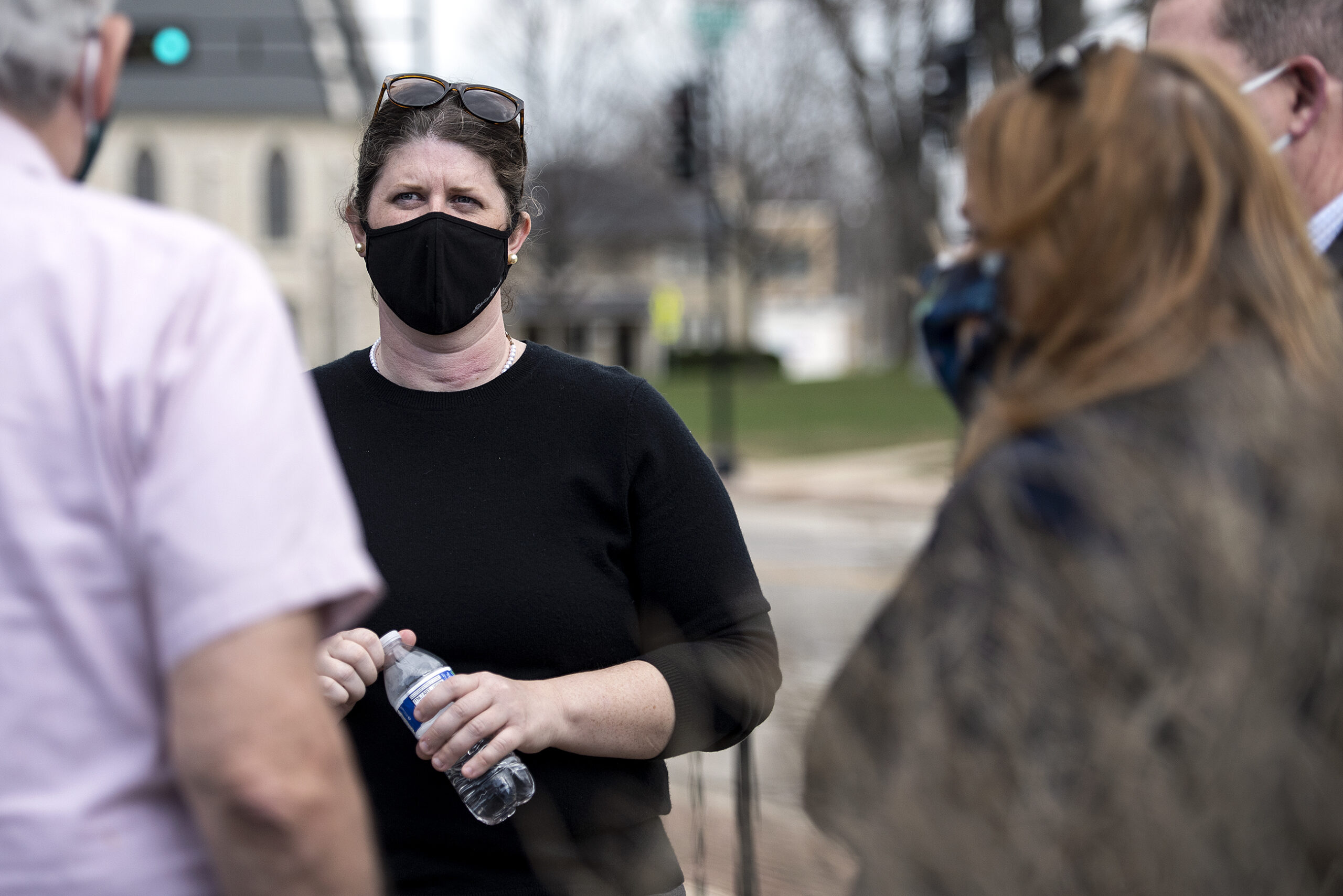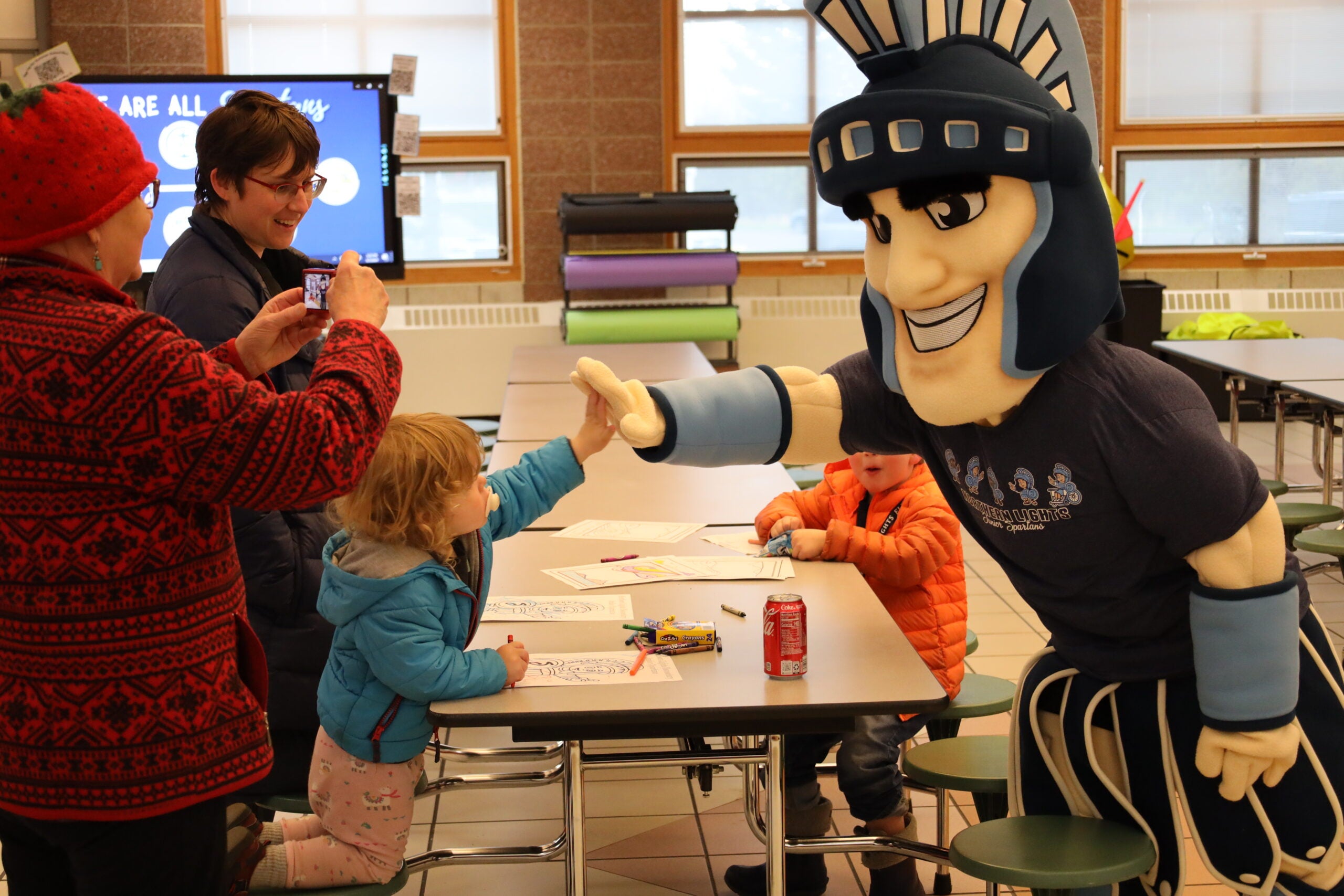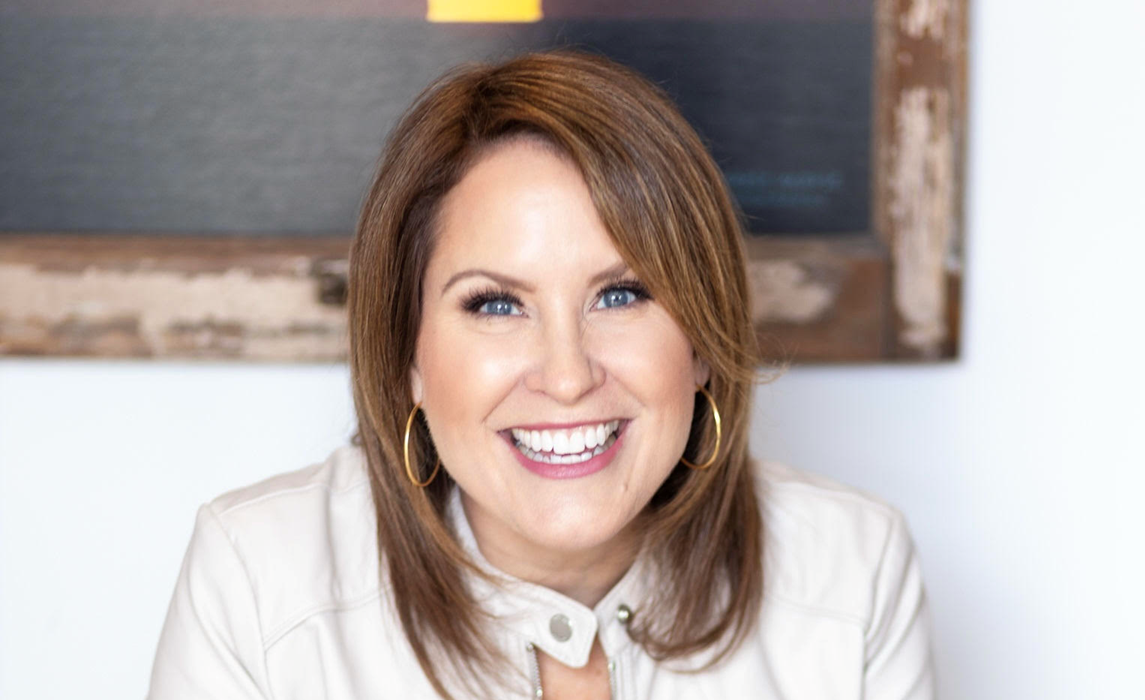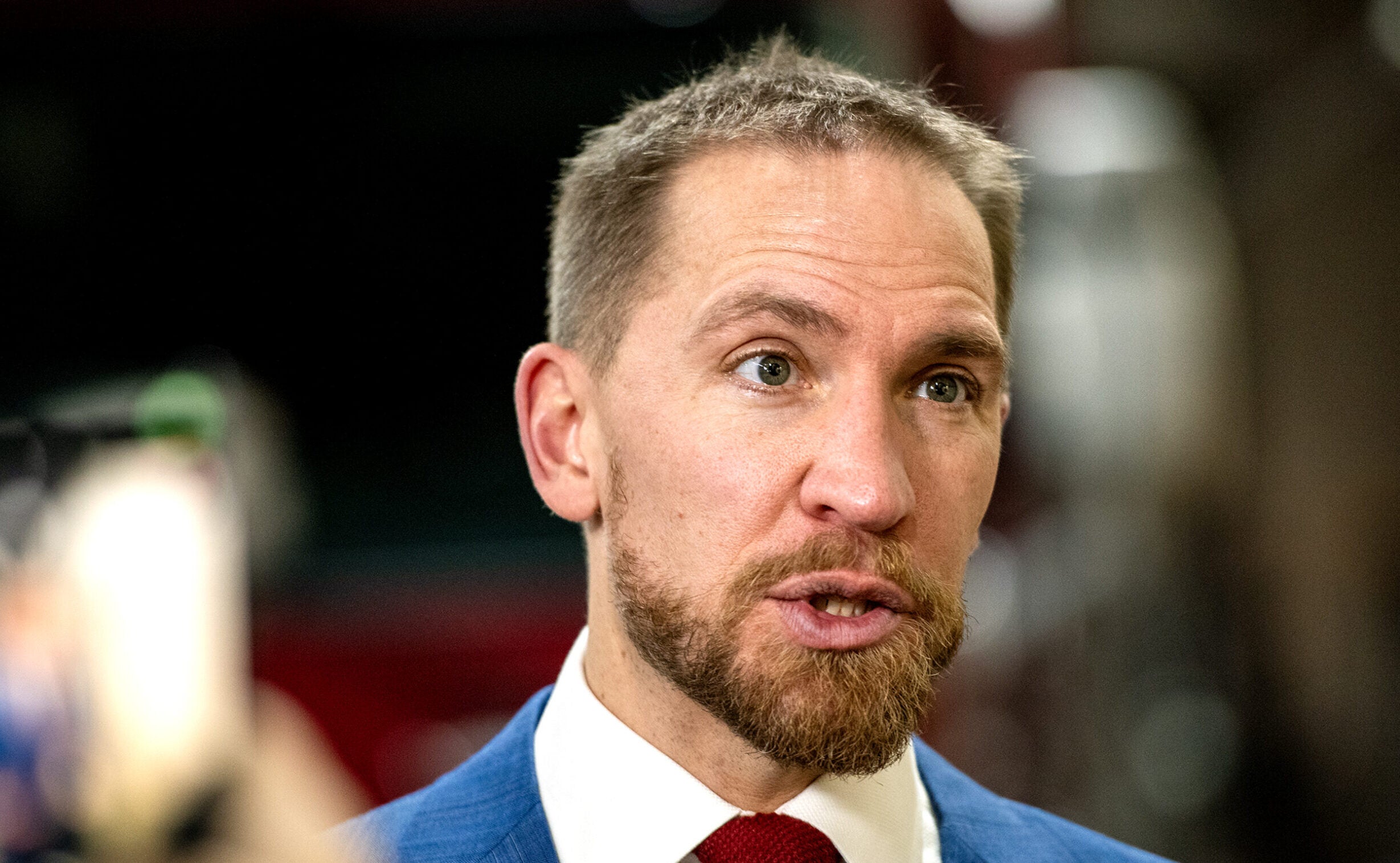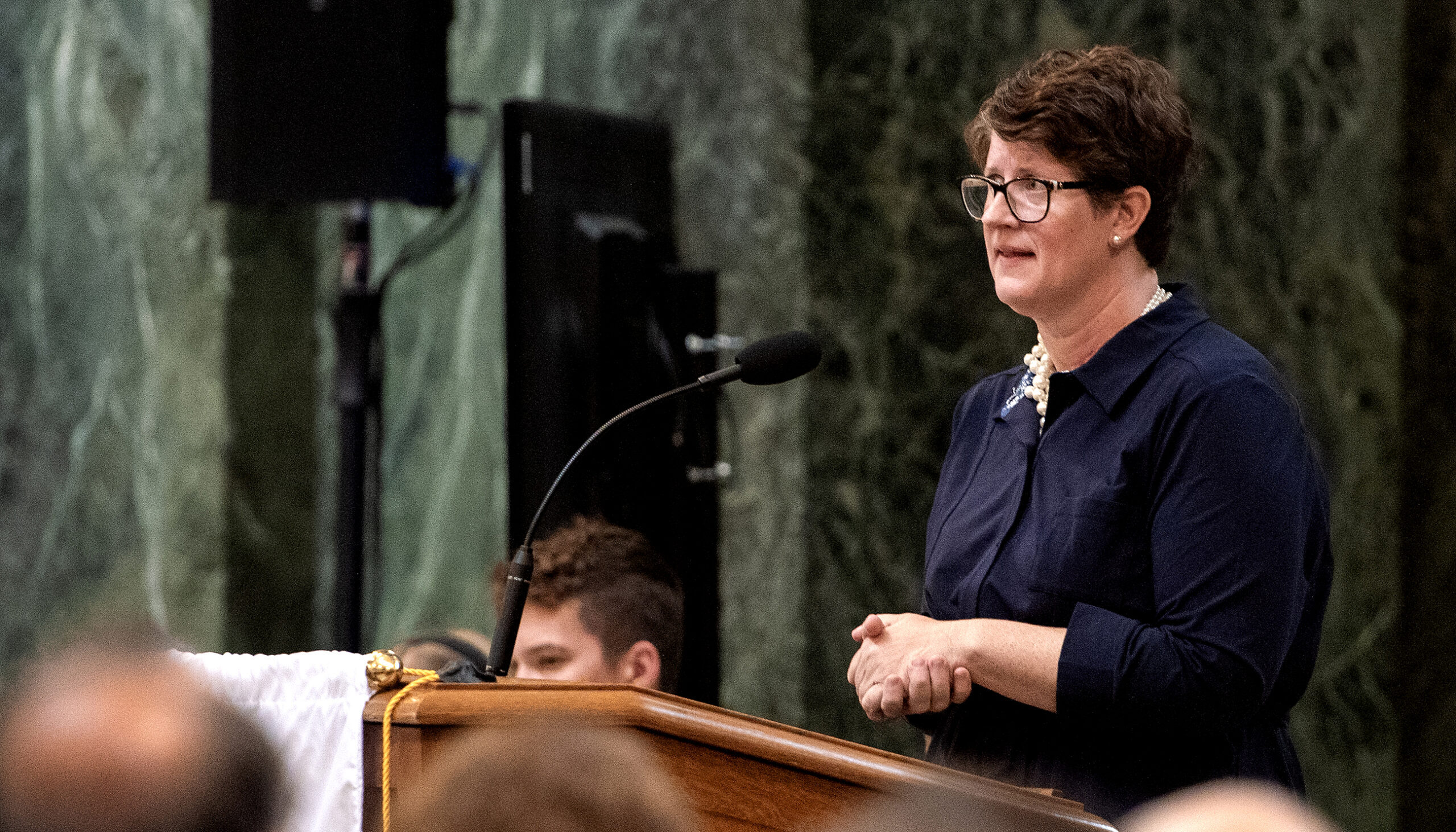State Superintendent of Schools Jill Underly said Monday she is “mixed” on the University of Wisconsin System’s recent move to remain ACT/SAT test-optional for another two years.
During an interview with Kate Archer Kent on WPR’s “The Morning Show,” the state’s top education official also shared her thoughts on COVID-19 spread in schools, the use of federal funds, substitute teacher shortages and more.
The following questions and answers have been edited for brevity and clarity.
Stay informed on the latest news
Sign up for WPR’s email newsletter.
Kate Archer Kent: How do you feel about extending the policy that says high school students applying to UW System schools don’t have to take the ACT or SAT through the 2024-25 school year?
Jill Underly: I’m mixed on the policy extension. I see it on one hand that when you take the ACT, it’s a point-in-time measure. It’s also in our state statutes that we have to have an assessment at 11th grade … It seems that nationally, lots of very competitive schools are also breaking away from this as an entrance requirement.
I think how it ends up remains to be known. I know that the UW System is studying it. So, I do feel mixed about it because we use that information in different ways for scholarships, for example. That might put more emphasis on GPAs instead. So, there’s a lot to learn. But again, we’re in a pandemic and conditions are not conducive for students to be measured equally, I suppose, with an ACT.
RELATED: UW System likely to remain ACT/SAT test-optional for 2 more years
KAK: Are you reconsidering that position, that the DPI still requiring 11th graders to take the ACT given what the UW System is doing?
JU: We are talking about it. Part of it is, again, it’s state statute. It’s not a DPI thing. State statute requires an assessment statewide in all our schools for ninth, 10th and 11th grade … So, yes if we do move away from the ACT, we’d have to come up with a different assessment.
KAK: It’s educational facilities that account for nearly half of all current facility investigation by the state Department of Health Services. How are your districts doing with managing outbreaks?
JU: I think the districts are doing the best that they possibly can. I was a school district superintendent in the earlier part of this year in Iowa and Lafayette counties, and it’s day to day. We’re trying to make sure that we have mitigation measures in place — masking, for example, and just making sure that people who have symptoms stay home.
I can tell you it’s more stressful this year on our school administrators than it was last year because we know more about COVID-19. We know more about how it spreads than we did at the start of the pandemic or even at the start of last school year. So, we’re able to adjust. But we have a lot of challenges, and so we have to approach it like we would any other infectious disease.
KAK: The rollout of vaccines for children ages 5-11 is well underway. Some schools have been holding vaccine clinics. How did this mode of vaccine delivery work? What has it been like when vaccines are given in schools?
JU: It’s a strong mitigation measure. We know that the vaccines work, and I look at it from a very high-level view. What’s the goal here? We want our schools to be open. We don’t want our schools to close.
If we want our schools to be open, we need to do the things that we know work. And we’re so grateful for science and the fact that we are able to have a vaccine for the youngest kids because that was the most concerning part earlier in the school year and much of the end of last school year — was, we can’t fully open our schools and kids and staff can’t fully be safe unless the youngest kids are protected.
KAK: What would you suggest as a compromise with the state’s Joint Finance Committee, whose co-chairs took issue last week with the federal government rejecting the committee’s plan to use 5 percent of the state’s American Rescue Plan Act funds for schools that had students fully in-person last fall?
JU: There is middle ground. We can certainly find middle ground. They’re going to have to budge, though. They’re going to have to get away from the notion that we’re using this money to reward schools that were open for in-person instruction. Maybe we can use that $77 million for after-school programming, for tutoring, for learning loss. That’s what we need to do.
KAK: We’ve been watching reports and asking questions about a possible substitute teacher shortage in Wisconsin. What are you finding in this area?
JU: Yes, we have seen substitute shortages — not just with teachers, but in other parts of our building like food service, custodial or bus drivers. And so, Wisconsin is no different. We’re seeing it across the nation. And when you think about prior to the pandemic, we had a shortage. And the pandemic just made it worse. And it’s partly because substitute teachers tend to be former teachers. A lot of them are former teachers who recently retired and many of those initially in the beginning stages of COVID-19 that were part of that most vulnerable group. So, they didn’t sub.
We have made some changes to our licensing requirements when it comes to substituting … So, we encourage school districts to build and grow relationships with colleges and universities in our communities, but we have to look at pay, too. The pay for substitute teachers varies from district to district. In a lot of the districts in my area, it’s between $100 and $120 a day. Do the math; you can find more pay in other sectors.
Listener question: What do you think of a school calendar that runs all year when, for example, students are in session from six-to-nine weeks at a time and then get two-to-three weeks off to address learning loss?
JU: I agree with you on that. I think it would certainly be beneficial for learning loss … I also think it would help with mental health. When you look at burnout, and not just at our kids but also our adults who are working in schools, I think a more balanced calendar is beneficial.
The issue we have in Wisconsin is that we have a state statute that says we can’t start school until Sept. 1. And so, we’d have to somehow change that law. That would be something I would be in favor of.
Wisconsin Public Radio, © Copyright 2025, Board of Regents of the University of Wisconsin System and Wisconsin Educational Communications Board.
